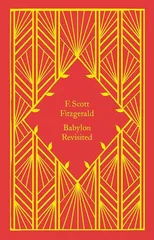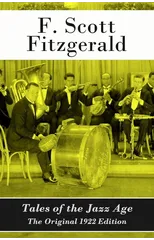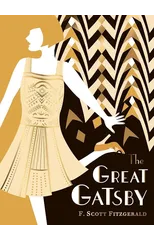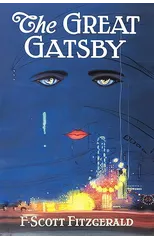"... Absolution is a penetrating and profound effort to articulate life in primal and dark conflict." -The New York Times (1926) Absolution (1924) by F. Scott Fitzgerald is the story of adolescent Rudolph Miller, a romantic dreamer who attempts to escape his small, Midwestern town through the lies he tells and the alter ego he creates. Rudolph's revelations in the confessional to his priest, Father Schwartz reveal his character flaws, however, he receives "absolution" through the story's events. First written as the prologue for The Great Gatsby (1925, also available from Cosimo Classics), Fitzgerald intended to reveal Jay Gatsby's childhood, but scrapped the idea, changed the names, and published it as a short story. This moralistic and romantic tale is for all who love Fitzgerald and fiction of the early twentieth century.
F. Scott Fitzgerald
F. Scott Fitzgerald was an American novelist and short story writer known for his portrayal of the Jazz Age in American literature. His most notable works include "The Great Gatsby," "Tender is the Night," and "This Side of Paradise."
Fitzgerald's writing style is characterized by his use of lyrical prose and exploration of the themes of wealth, class, and the American Dream. He is considered one of the greatest American writers of the 20th century and his works continue to be studied and celebrated for their insight into the social and cultural dynamics of his time.
"The Great Gatsby" is Fitzgerald's most famous work and is widely regarded as a masterpiece of American literature. The novel explores the themes of love, wealth, and the pursuit of the American Dream, and has had a lasting impact on the literary genre of the novel. Fitzgerald's contributions to literature include his exploration of the complexities of human relationships and his keen observations of American society during the 1920s.





